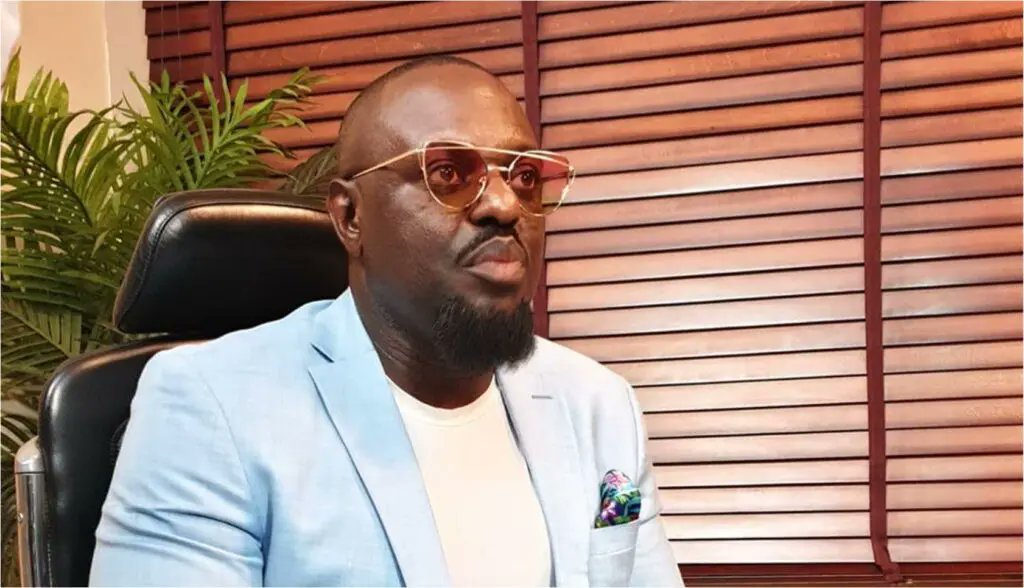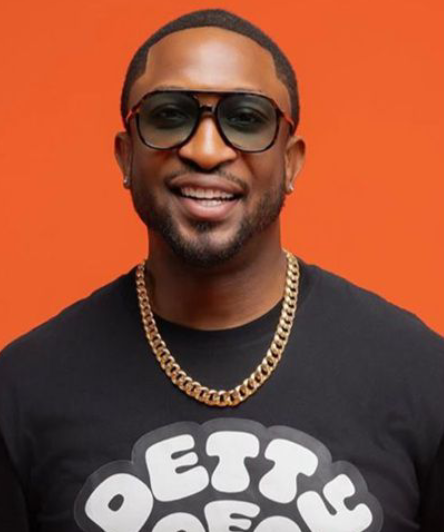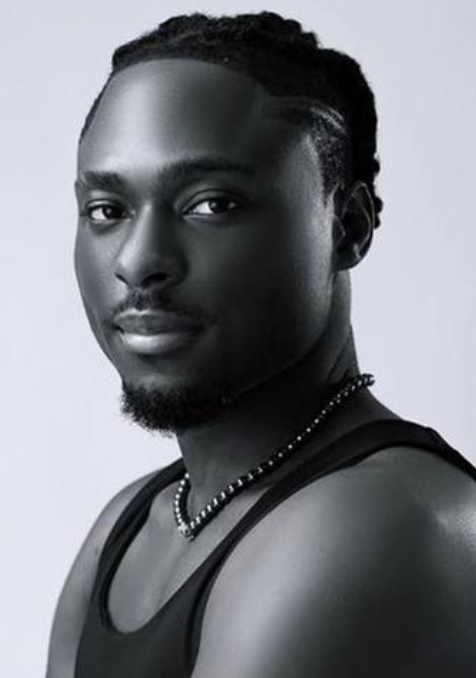
Jim Iyke Alleges Doctors Are Trained Not to Heal Patients, Claims It’s Part of a Trillion-Dollar ‘Big Pharma’ Conspiracy

Nigerian actor Jim Iyke has stirred intense public debate after making a controversial claim that doctors across the world are deliberately trained not to heal patients as part of a vast, trillion-dollar “big pharma” business scheme. The veteran Nollywood star, known for his outspoken nature and willingness to challenge societal norms, made the statement in a recent interview that has since gone viral, igniting conversations across social media and sparking both outrage and support from fans and critics alike. According to Iyke, the medical industry is not primarily concerned with the well-being of patients, but rather with creating a cycle of dependency that ensures the constant flow of money into the pharmaceutical sector. He argued that this system thrives on keeping people sick rather than curing them outright, framing it as a calculated and strategic global operation designed to maximize profits for major pharmaceutical companies. “Doctors are trained not to heal you,” Iyke said pointedly. “They are trained to manage your sickness, not cure it, because a healthy patient doesn’t make the system any money. The pharmaceutical industry is worth trillions of dollars, and the people who run it know that constant illness is the only way to keep the money flowing.”
The actor’s remarks align with a long-standing but controversial belief held by some in conspiracy theory circles, which suggests that the healthcare industry — particularly in advanced economies — functions more as a business enterprise than a public service. These critics argue that medical education and drug development are subtly geared toward treatments that manage symptoms rather than eliminate diseases, ensuring long-term revenue from patients. Iyke’s comments, however, have intensified the discourse by coming from a celebrity figure with considerable influence in Nigeria’s entertainment space. As expected, reactions have been polarized. Some social media users hailed the actor as “brave” for speaking out against what they perceive as a global medical cartel, while others dismissed his statements as unfounded, dangerous, and disrespectful to healthcare professionals who work tirelessly to save lives. The Nigerian Medical Association (NMA) has yet to issue an official response, but individual doctors have taken to social media to condemn Iyke’s claim, with some accusing him of spreading misinformation that could erode public trust in the medical system.
One Lagos-based physician, Dr. Tunde Adebayo, responded sharply on X (formerly Twitter), stating, “This kind of rhetoric is harmful. Millions of doctors dedicate their lives to saving people, often with limited resources. The idea that we are trained to keep people sick is insulting and false.” Meanwhile, others in the medical field conceded that while Iyke’s comments may be exaggerated, there is some truth to the idea that the pharmaceutical industry, particularly in Western countries, is deeply profit-driven. A pharmacist in Abuja, who preferred to remain anonymous, admitted, “We can’t deny that the business aspect of healthcare often overshadows the humanitarian aspect. Drug prices are manipulated, and certain treatments are prioritized because they are more profitable. But to say doctors are deliberately trained not to heal? That’s a sweeping generalization.”
The “big pharma” theory that Iyke references is not new. Over the years, activists, whistleblowers, and investigative journalists have accused major pharmaceutical companies of prioritizing profit over genuine cures. Critics often point to the skyrocketing prices of essential medicines, the aggressive marketing of certain drugs despite known side effects, and the slow pace of releasing potential cures for diseases like cancer, diabetes, and HIV/AIDS. Supporters of this view argue that curing diseases would mean fewer customers, whereas lifelong treatments guarantee continuous income. Iyke’s comments have reignited interest in these allegations, with many Nigerians taking to online forums to share personal stories about expensive and prolonged treatments that did not lead to a cure.
Interestingly, the actor’s remarks come at a time when trust in institutions — from governments to corporations — is at a low point globally. In Nigeria, where healthcare challenges include underfunded hospitals, insufficient medical personnel, and high mortality rates, skepticism about the medical system is already widespread. Many Nigerians resort to traditional medicine or self-medication due to high costs and limited access to quality healthcare, a trend that experts warn could lead to even worse health outcomes. Iyke’s suggestion that there is a coordinated global plot to keep patients sick plays into this climate of distrust, making his claims resonate with a significant segment of the population.
However, critics warn that such statements could have dangerous consequences, particularly if they discourage people from seeking medical care or adhering to prescribed treatments. Public health experts note that conspiracy theories can undermine vaccination campaigns, disease prevention programs, and emergency responses — a risk the world saw clearly during the COVID-19 pandemic, when misinformation spread almost as quickly as the virus itself. Some observers also point out that Iyke, while a talented and successful actor, is not a medical expert, and his statements should be treated as opinion rather than fact. Still, his celebrity status ensures that his words carry weight, especially among fans who see him as a truth-teller willing to challenge powerful interests.
In the days since his interview, Iyke has not backed down from his position. Instead, he has doubled down on social media, posting cryptic messages about “the system” and “hidden truths” while thanking supporters for their “courage to question the narrative.” He has also hinted at releasing more information to back up his claims, though it remains unclear whether this will come in the form of interviews, public talks, or documentary-style content. Whether Iyke’s statement sparks a deeper investigation into the influence of big pharmaceutical companies or fades as another celebrity controversy remains to be seen.
For now, the debate continues to rage, with hashtags like #JimIykeTruth and #BigPharmaExposed trending on Nigerian Twitter. His supporters insist that history will vindicate him, citing past cases where whistleblowers were initially ridiculed before being proven right. Skeptics, on the other hand, argue that public health issues are too serious to be reduced to sweeping conspiracy theories, especially in a country where millions already lack access to basic medical care. As the conversation unfolds, one thing is clear: Jim Iyke’s remarks have struck a nerve, forcing Nigerians — and perhaps the world — to confront uncomfortable questions about the intersection of health, money, and power. Whether seen as a bold truth-teller or a reckless conspiracy theorist, the actor has once again managed to place himself at the center of a heated national conversation, proving that in the age of social media, a single statement can set off waves of debate that ripple far beyond the entertainment industry.


